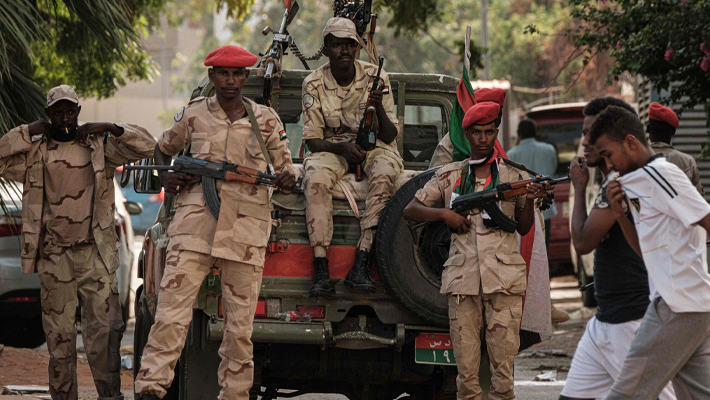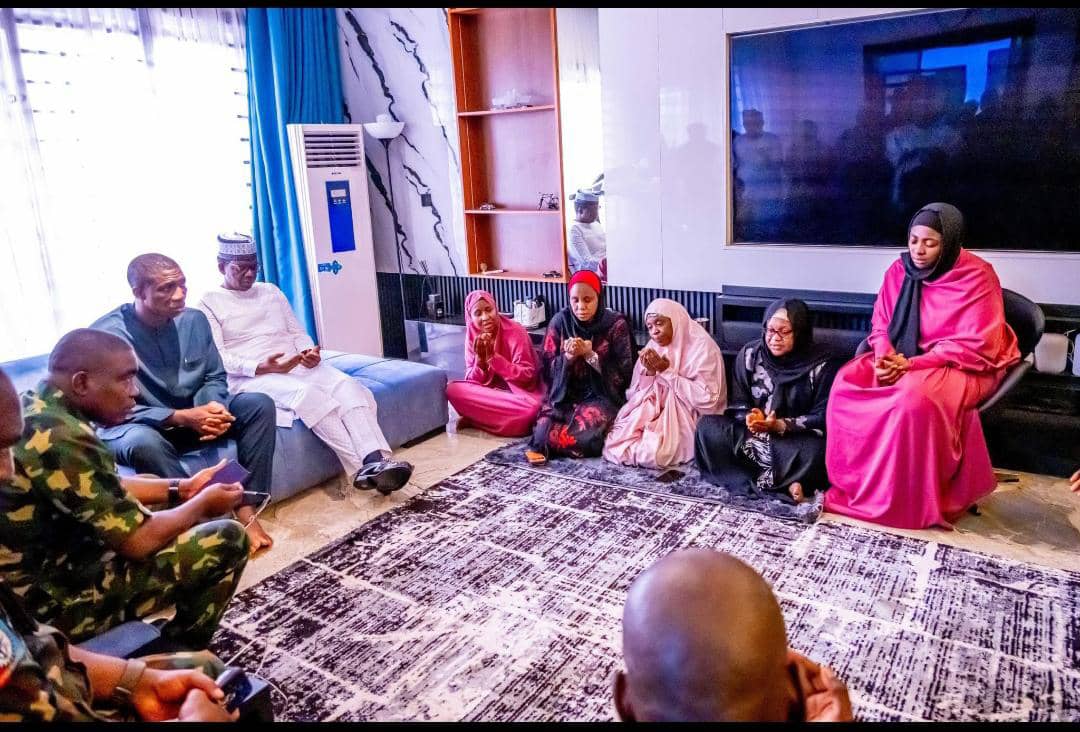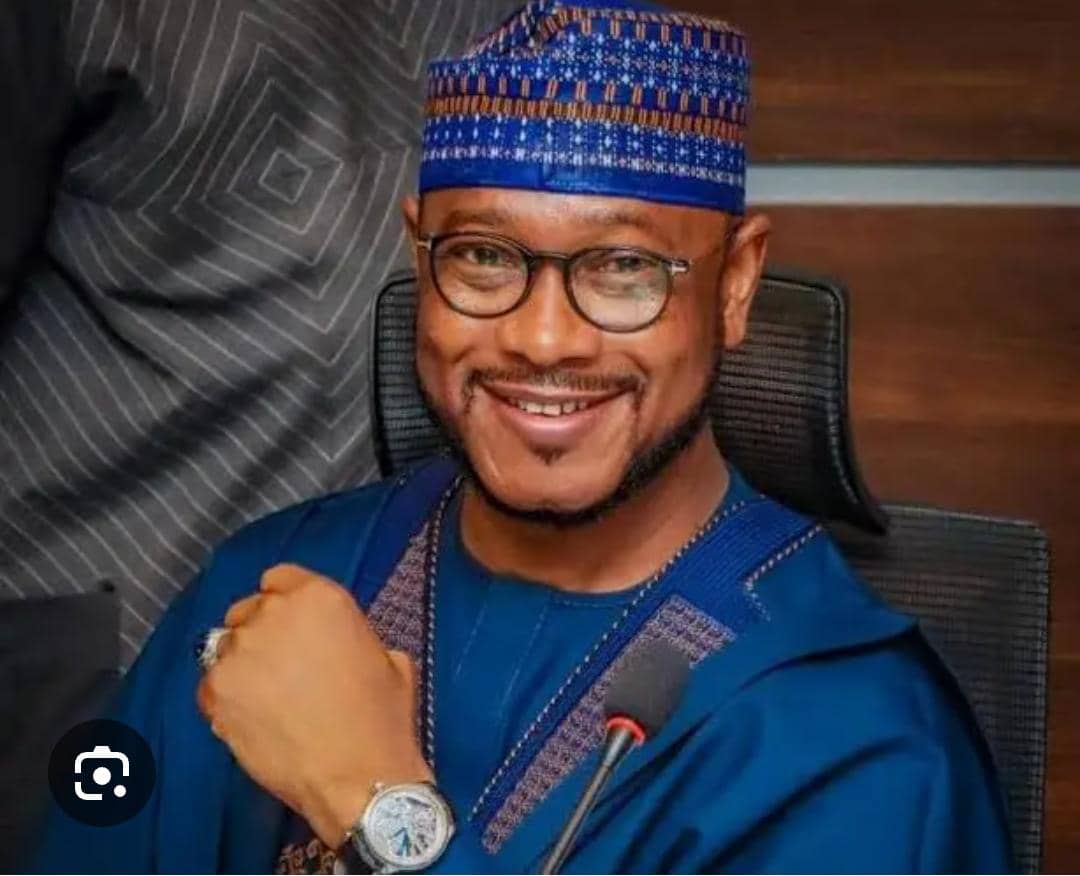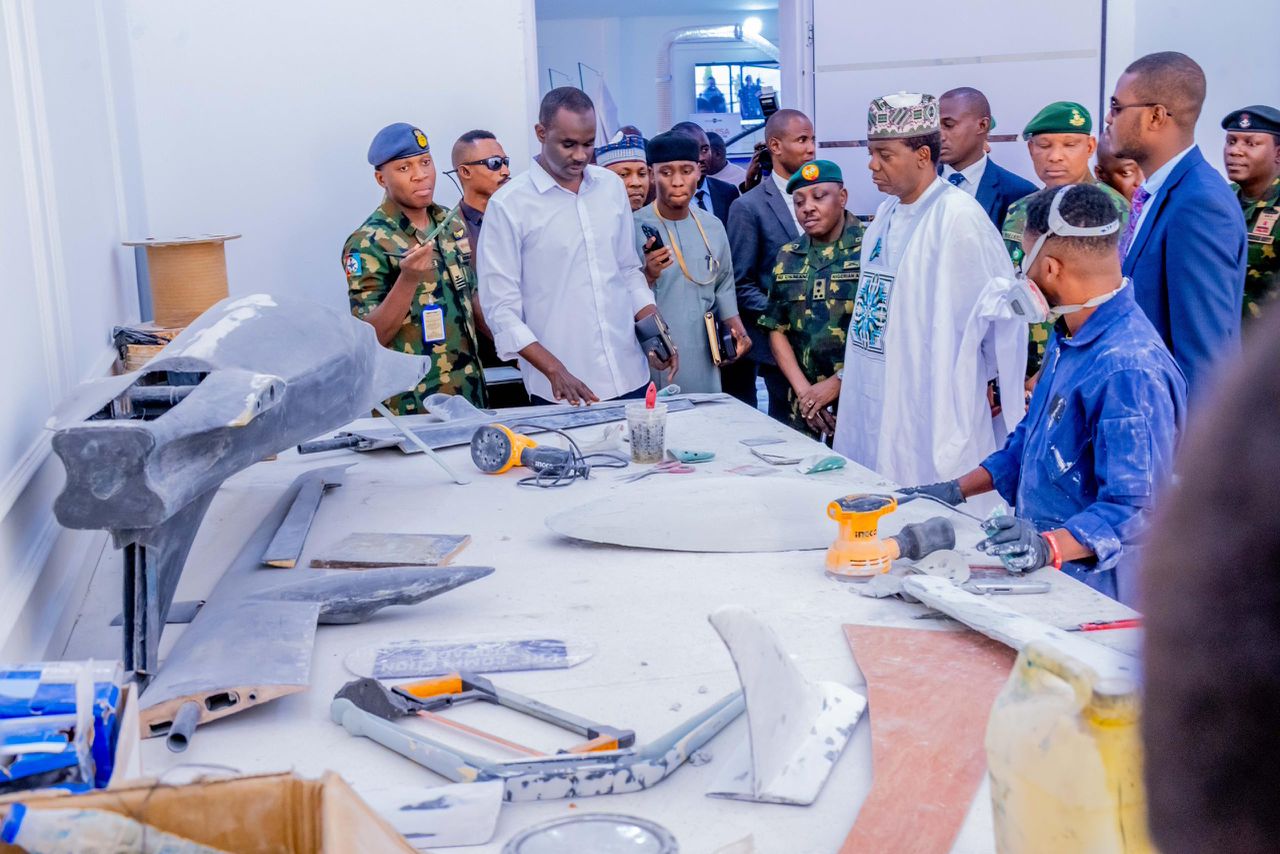On Saturday, a Sudanese coalition led by the paramilitary Rapid Support Forces announced the members of a parallel government, a move opposed by the army, its rival in a 27-month war, that could drive the country further towards partition.
RSF leader Mohamed Hamdan Dagalo was named head of the presidential council. Abdel Aziz al-Hilu, leader of the SPLM-N, one of Sudan’s largest rebel groups, was appointed deputy on the 15-member council.
Civilian politician Mohamed Hassan al-Taishi was named prime minister, and regional governors were introduced at a news conference in Nyala, the largest RSF-controlled city in the Darfur region.
The army has driven paramilitaries from central Sudan, while fierce fighting continues over Kordofan and Darfur’s traditional capital, al-Fashir.
In February, RSF and its allies agreed to form a secular ‘New Sudan’ government, aiming to challenge the army-led administration’s legitimacy and secure advanced arms.
The new government announced on Saturday the names of governors for some regions still firmly under army control.
Abdel Fattah al-Burhan, head of the army, condemned the RSF’s creation of a parallel government. He promised to keep fighting until the army controls all of Sudan, which has long faced conflict, coups, poverty, and hunger.
Mr Dagalo, a former militia leader and one of Sudan’s richest people, known as Hemedti, was sanctioned earlier this year by the U.S. for alleged genocide.
Mr Burhan was sanctioned by the U.S. in January for rejecting negotiations and prolonging the deadly conflict.
The two men previously shared power after Omar al-Bashir was ousted in 2019.
In 2021, both forces ousted civilian politicians in a coup, sparking a war over troop integration during the planned transition to democracy.
Recently, the army has appointed a prime minister and a permanent cabinet for the first time since 2021.
Sudan’s conflict has caused a humanitarian crisis, with half the population facing hunger and famine, according to the United Nations.
(Reuters/NAN)





